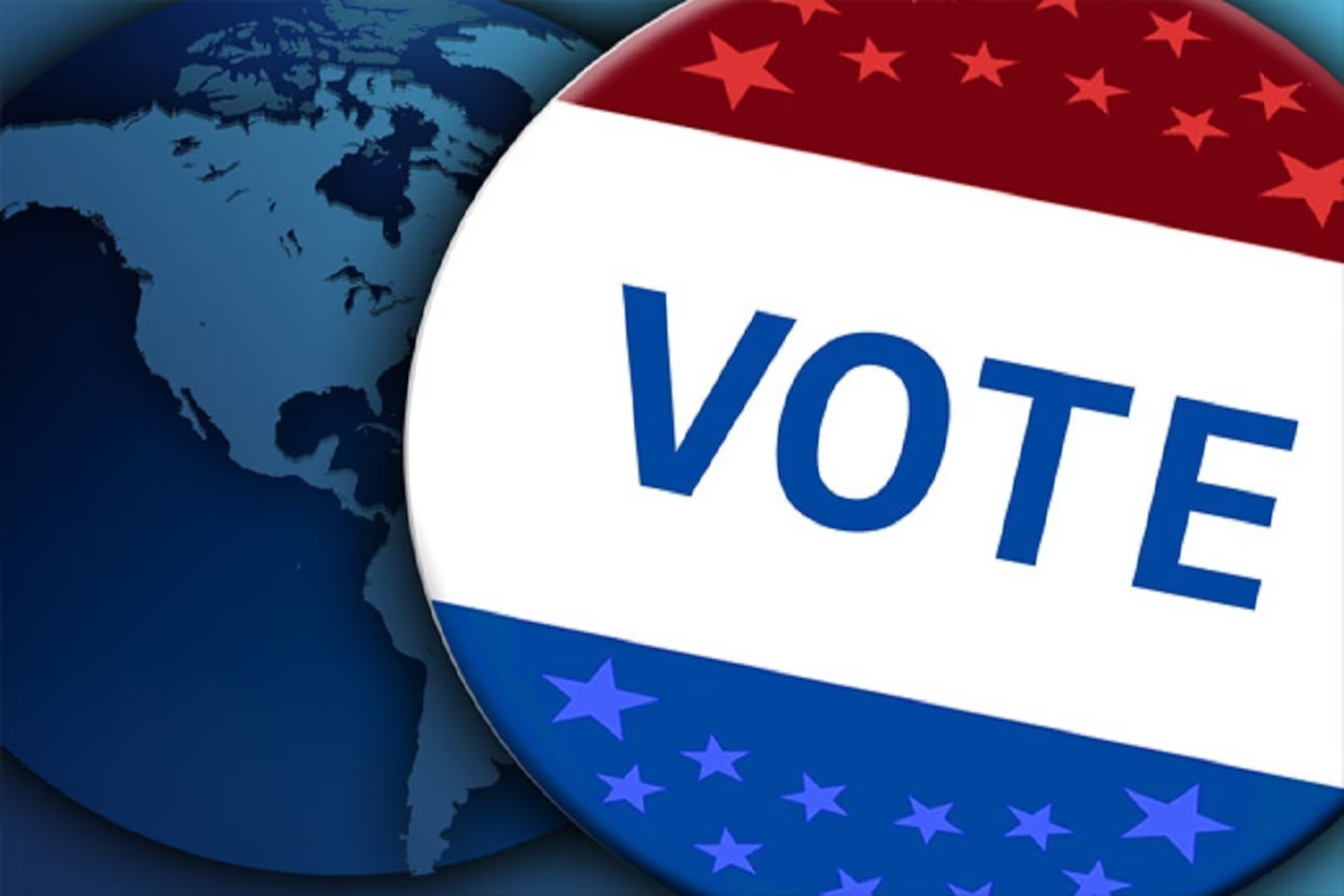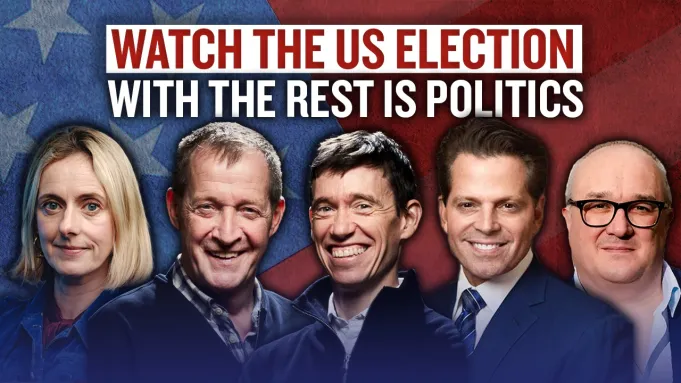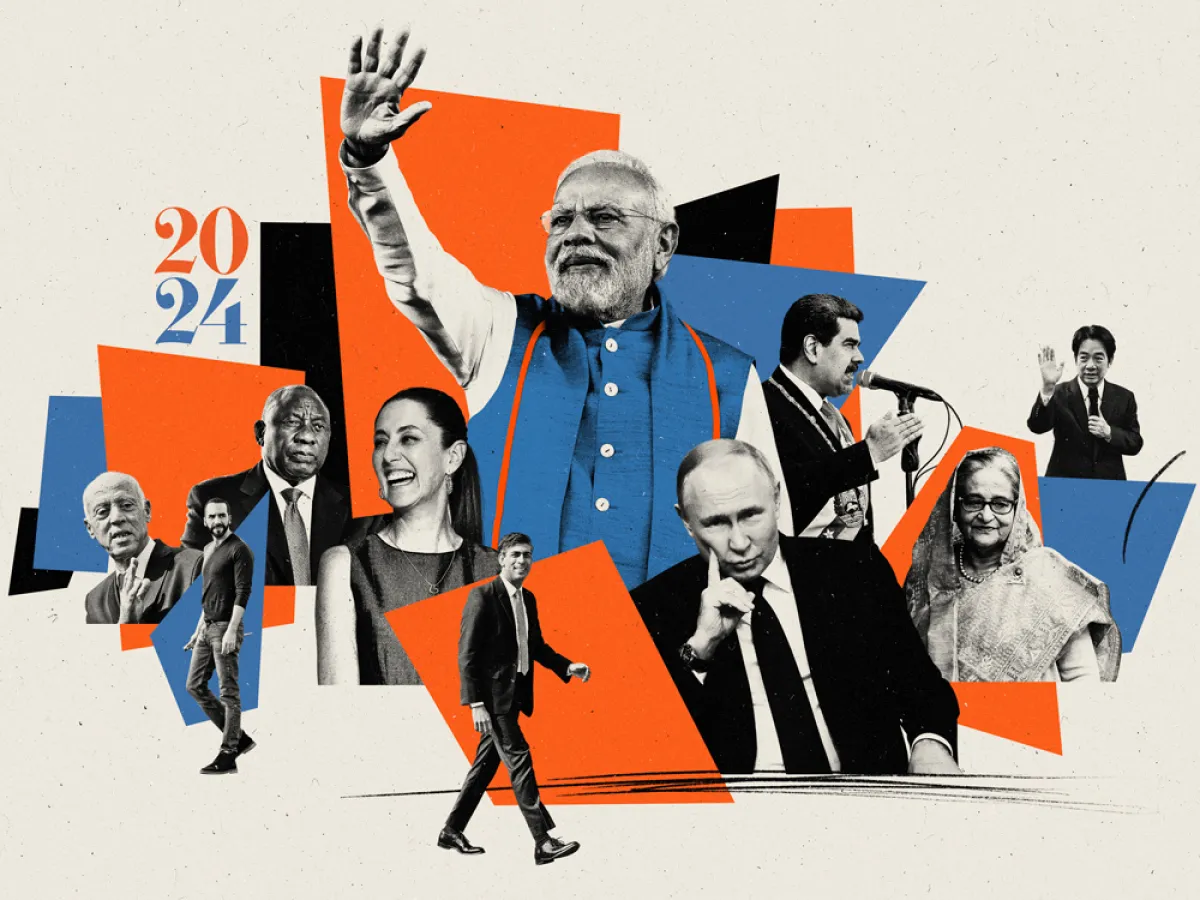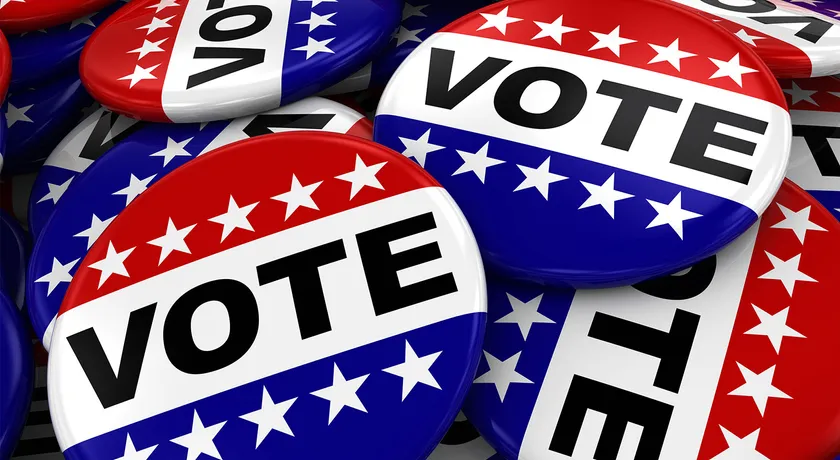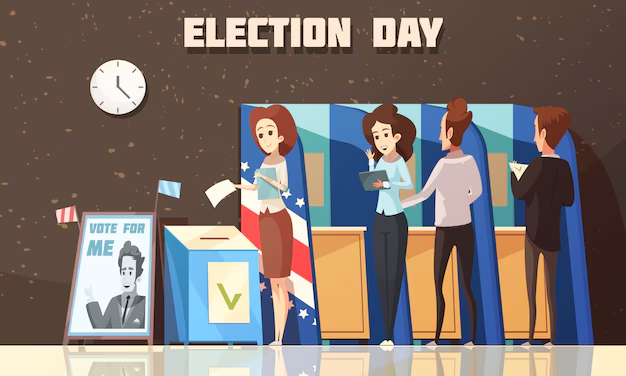Discover how media, entertainment, and digital platforms influence voter opinions and election outcomes
Media and its Power in Politics Elections
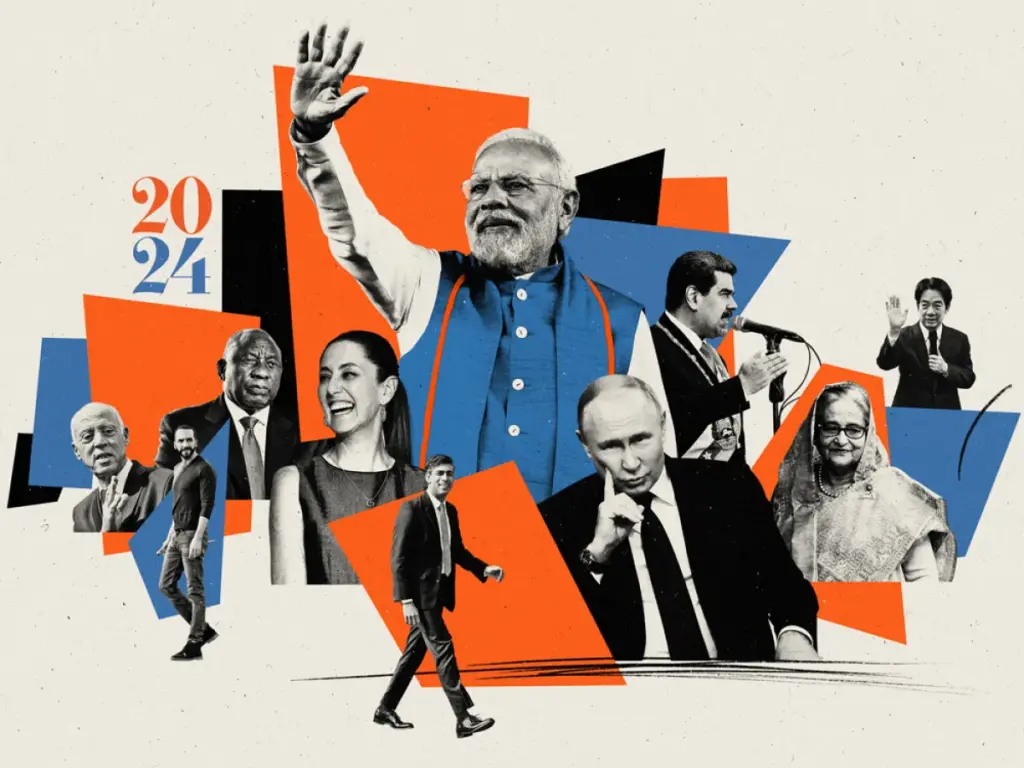
The media has always had a profound effect on politics elections. From the early days of print newspapers to the rise of 24-hour news channels, media outlets have shaped the way political information is shared. Today, the advent of digital media has exponentially increased the power of media in influencing elections. Voters now consume information in various forms, including podcasts, blogs, viral videos, and social media posts. The sheer amount of content available has created a new kind of media ecosystem where politics and entertainment often collide.
The Digital Transformation of Political News
As technology continues to evolve, so does the way political news is consumed. Digital platforms allow news to travel faster than ever before, but they also create challenges in verifying facts. Social media platforms like Twitter and Facebook allow news stories to spread rapidly, but misinformation can also thrive in these spaces. In response, political campaigns are learning to adapt by developing their own media strategies, creating content that aligns with voter interests and values, and addressing false narratives head-on. Political candidates need to understand the digital media landscape to effectively communicate with voters.
How Interactive Media is Shaping Politics
Interactive media has become a game-changer in how politics elections are approached. Voters are no longer passive recipients of political messages—they are active participants. By engaging in online discussions, commenting on livestreams, and interacting with candidates through virtual events, voters now have the ability to shape the narrative themselves. This shift has changed how campaigns are run, as candidates must now engage with voters on a more personal level. Online polls, live chat sessions, and Q&A events are just some of the ways interactive media is transforming politics.
Entertainment, Politics, and Voter Engagement
In an era where entertainment often intersects with politics, many candidates are turning to unconventional means to engage voters. Appearances on late-night talk shows, participation in viral challenges, or even engaging with audiences through gaming platforms have become part of the political playbook. The boundary between politics and entertainment has blurred, and candidates who understand this dynamic can tap into a broad base of voters. These media strategies not only increase visibility but also make politicians appear more relatable to younger and more diverse demographics.
